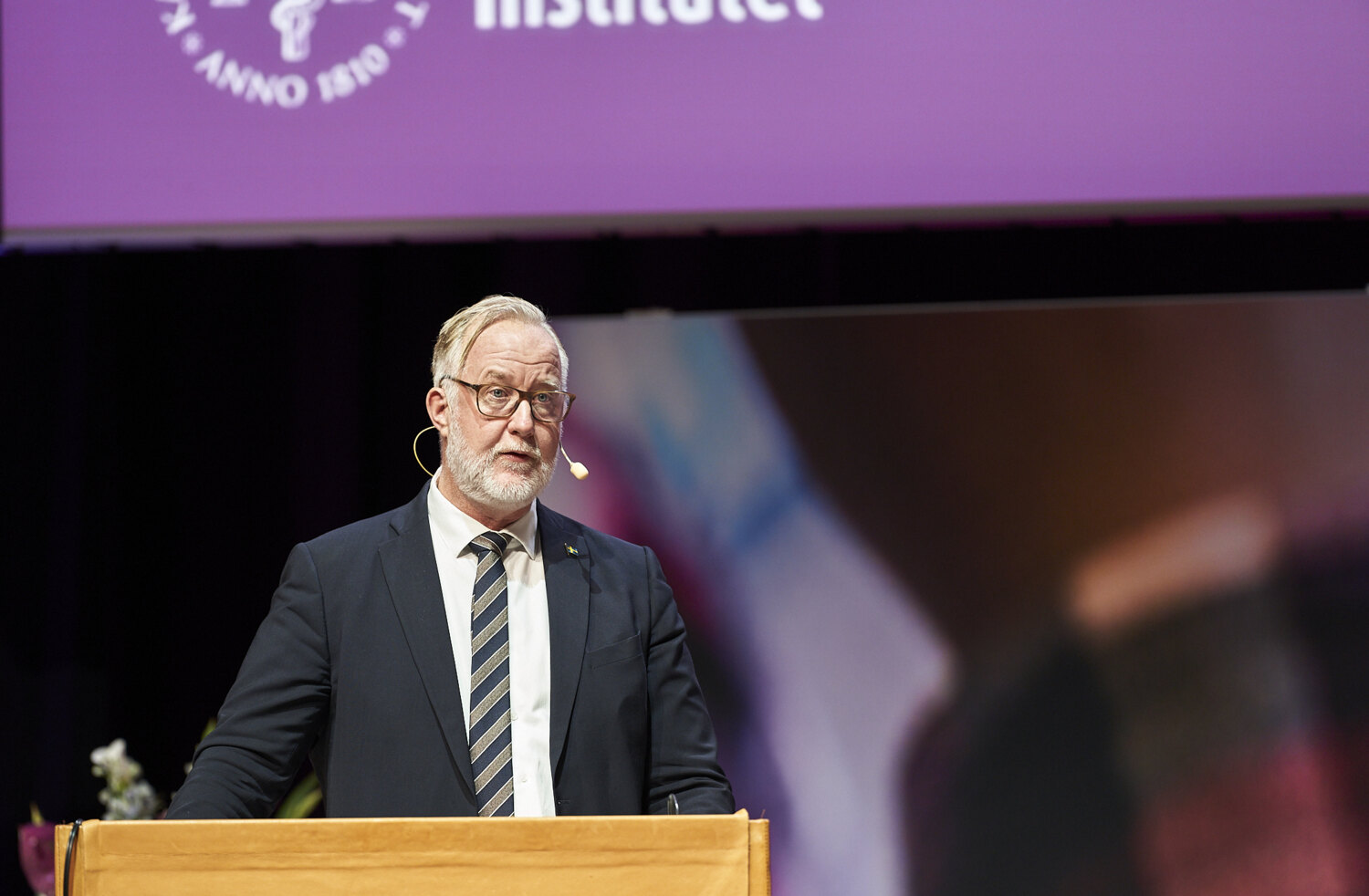The RACGP is urging the New South Wales Government to support an Opposition amendment to save GP practices at risk of closure due to a new application of payroll tax.
The Opposition today said it will move an amendment in Parliament this week to provide an immediate amnesty from payroll tax on payments to GPs and other health practitioners to ensure that essential medical clinics, especially in regional NSW, are not forced to close.
It comes after the RACGP called on NSW Premier Chris Minns to step in, with evidence that GP practices are being targeted for retrospective tax collection, and several are facing closure. Evidence now shows at least six practices in regional NSW and Sydney have received retrospective payroll tax notices, including one for $450,000.
Practices already pay payroll tax on their employees, including receptionists, GPs in training and nurses. But it hasn’t applied to GPs because most doctors are not employees – they lease rooms from a practice owner and work under independent agreements.
RACGP President Dr Nicole Higgins said the new application of payroll tax risks the closure of countless practices.
“Politicians of all stripes need to get on the same page and fix this before it’s too late,” she said.
“We’ve already lost too many practices in NSW due to the decades of underfunding of general practice care. If we lose any more due to this new state tax grab, it will be devastating for the patients and communities affected, and it will put even more pressure on hospitals and ambulances.
“General practice is what keeps people healthy throughout their life. Everyone needs access to timely and affordable GP care; they shouldn’t need to wait in the emergency department for something that a GP can treat.
“But this new payroll tax application will make GP services more expensive, and further disadvantage those on low incomes. Practices operate on very thin margins, and the vast majority will be forced to pass these costs on to patients. A found only 3% could absorb the costs.
“We need a national solution to this, because it also threatens to undermine the Federal Government’s investment and reforms to improve access to GP care – such as tripling bulk-billing incentives.”
RACGP NSW/ACT Chair Professor Charlotte Hespe urged the NSW Government to support the amendment.
“Our government needs to act in the best interests of patients and support this amendment to provide an immediate amnesty from payroll tax on payments to GPs, to ensure these essential medical services don’t close,” she said.
“Without urgent action, this situation will escalate. We now know that six practices have received demands for retrospective payroll tax, but there will be more that haven’t come forward to us.
“Last week, the RACGP wrote to the NSW Premier calling for independently contracted GPs to be exempt from additional payroll tax. That’s the ideal solution for the long-term to keep costs down for patients. Short-term, an amnesty will ensure no practices are forced to close due to this new payroll tax grab.”
The threat of extra payroll tax became a concern for GPs after court judgements in New South Wales considered GPs at certain medical practices as employees for payroll tax purposes. and announced amnesty periods after the RACGP and AMA pointed out that any extra tax burden on general practices would force them to raise fees or close. that it does not intend to change the way its existing payroll tax provisions apply to general practice.
A found only 3% would be able to absorb the costs associated if GPs were considered employees for payroll tax purposes – 78% would be forced to raise fees.








